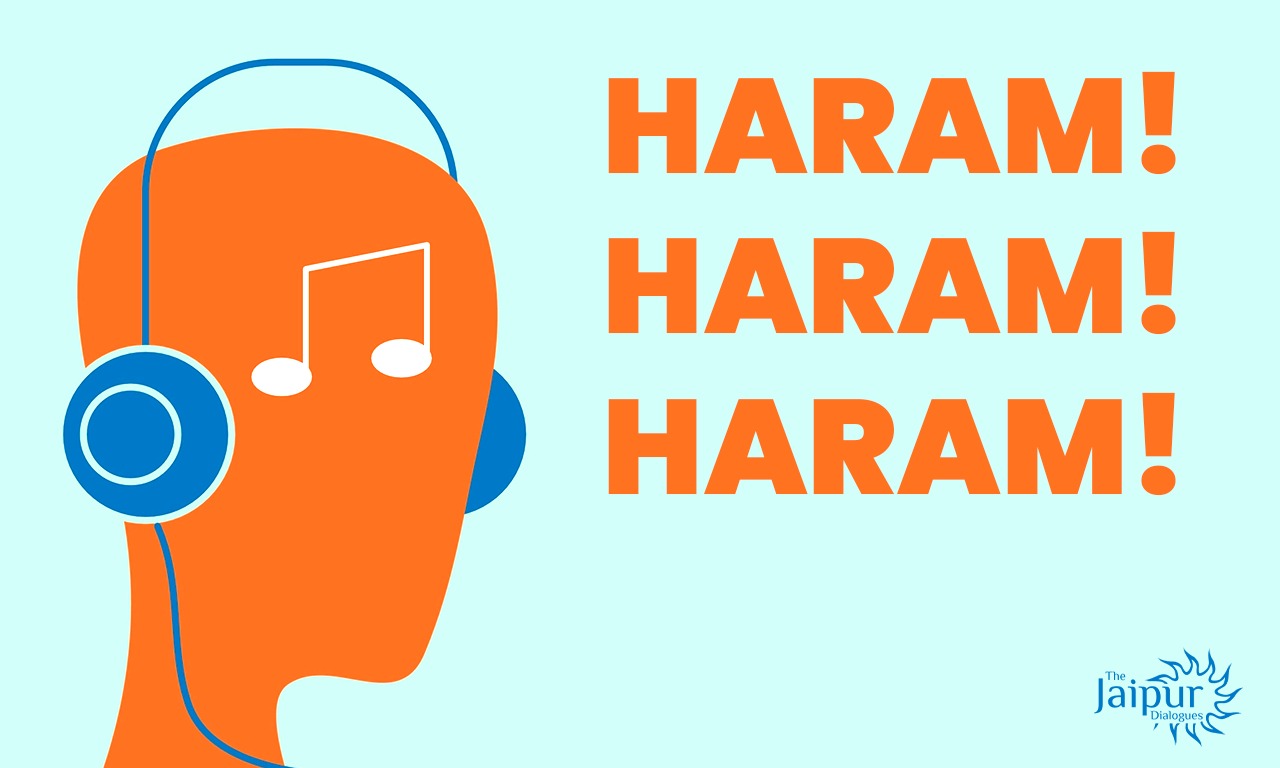The rise of social media platforms has transformed the way we communicate, express ourselves, and share our creativity. Among these platforms, TikTok has gained immense popularity, especially among younger generations. Its unique model allows users to create short videos accompanied by music, dance, and entertaining content. However, with this surge in popularity comes a complex set of questions regarding cultural and religious implications, particularly within the Islamic community. One pressing question that arises is: Is posting TikTok videos with music haram?
As our society becomes more interconnected through digital platforms, understanding the nuances of cultural and religious beliefs is crucial. For many Muslims, the concept of haram, which refers to actions that are forbidden in Islam, encompasses various forms of entertainment and expression. Therefore, the act of posting TikTok videos with music raises significant debates about the permissibility of such actions in Islam.
In this article, we will delve deep into the implications of posting TikTok videos with music from an Islamic perspective. We will explore the various interpretations and opinions from scholars, the cultural context, and how personal beliefs shape individual decisions regarding this modern mode of expression. By the end of this exploration, we hope to provide a comprehensive understanding of whether posting TikTok videos with music is considered haram.
What is the Definition of Haram in Islam?
Haram is an Arabic term meaning "forbidden" in Islam. It represents actions, behaviors, or items that are prohibited for Muslims according to the teachings of the Quran and Hadith. Understanding haram is essential for practicing Muslims to lead a life in accordance with their faith. The opposite of haram is halal, which refers to what is permissible or lawful.
What Are the Major Categories of Haram Actions?
Haram actions can be categorized into several areas, including but not limited to:
- Consumption of alcohol and intoxicants
- Engaging in dishonest or fraudulent behavior
- Participating in activities that promote violence or hatred
- Indulging in any form of idolatry or polytheism
How Do Cultural Interpretations of Haram Vary?
Cultural interpretations of what is considered haram can vary significantly among different Islamic communities. Factors such as geographical location, cultural practices, and personal beliefs can influence how individuals perceive certain actions. This diversity leads to differing opinions on modern practices, such as using social media platforms like TikTok.
Is Posting TikTok Videos with Music Haram According to Islamic Scholars?
The question of whether posting TikTok videos with music is haram has not been definitively answered by Islamic scholars. Some scholars argue that music itself is haram based on certain interpretations of the Quran and Hadith, while others believe that the context in which music is used plays a crucial role in determining its permissibility. This has led to a spectrum of opinions within the Muslim community.
What Arguments Support the View That Posting TikTok Videos with Music is Haram?
Those who argue that posting TikTok videos with music is haram often cite the following points:
- Music is Considered Haram: Some scholars maintain that music distracts individuals from their religious duties and promotes behavior contrary to Islamic teachings.
- Influence of Content: TikTok videos often feature themes and messages that may not align with Islamic values, potentially leading to a negative influence on viewers.
- Imitation of Non-Islamic Cultures: Critics argue that participating in TikTok trends may involve imitating behaviors or cultures that are not in line with Islamic principles.
What Counterarguments Suggest That Posting TikTok Videos with Music is Not Haram?
Conversely, many scholars and practitioners argue that posting TikTok videos with music can be permissible, citing:
- Artistic Expression: They argue that music can be a form of artistic expression and creativity, which is not inherently haram.
- Context Matters: The context in which music is used and the content of the video play a significant role in determining whether it is acceptable.
- Positive Influence: Many TikTok videos promote positive messages, education, and entertainment, which can benefit viewers.
How Do Personal Beliefs Influence the Decision to Post TikTok Videos with Music?
Ultimately, the decision to post TikTok videos with music often comes down to personal beliefs and interpretations of Islamic teachings. Some individuals may feel comfortable sharing their creativity on the platform, while others may choose to abstain due to their understanding of haram. This divergence reflects the broader conversation about modernity and faith within the Islamic community.
Can TikTok Be Used for Positive Purposes Within Islam?
Many users have found ways to utilize TikTok as a tool for positive change, including:
- Educational content that helps inform viewers about Islamic teachings
- Spreading messages of kindness and compassion
- Creating awareness about charitable causes and social issues
Conclusion: Is Posting TikTok Videos with Music Haram?
In conclusion, the question of whether posting TikTok videos with music is haram is not a straightforward one. It involves a complex interplay of religious beliefs, cultural interpretations, and individual choices. While some may view it as forbidden, others find it to be a permissible form of expression. Ultimately, Muslims must navigate this landscape thoughtfully, considering their own beliefs and the teachings of their faith. As digital platforms continue to evolve, so too will the discussions surrounding their use in contemporary society.
Reviving The Legacy: The Truth Behind Hiphopisntdead Biggie 1994
Discovering The Charm Of Cheeky Monkeys - Casa Linda
Stylish Hairstyles For Fat Men: Embrace Your Look With Confidence


